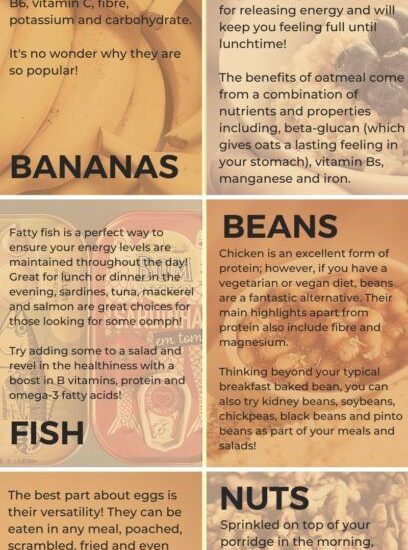Bone Health During and After Menopause
Menopause is a natural biological process that every woman goes through as she ages. It is a time when the body experiences significant hormonal changes, particularly a decrease in estrogen levels. These hormonal fluctuations can have a significant impact on bone health, making women more susceptible to conditions such as osteoporosis.
The Importance of Bone Health
Healthy bones are essential for overall well-being and quality of life. They provide structural support for the body, protect organs, and allow for movement. As we age, bone mass naturally decreases, but menopause can accelerate this process due to decreased estrogen levels.
Understanding Osteoporosis
Osteoporosis is a condition characterized by weak and brittle bones, making them more prone to fractures. Women are at a higher risk of developing osteoporosis than men, especially during and after menopause. This is because estrogen plays a crucial role in maintaining bone density and strength.
Strategies for Maintaining Bone Health
There are several steps women can take to promote bone health during and after menopause:
1. Calcium-Rich Diet
Calcium is essential for bone health, so it’s important to include plenty of calcium-rich foods in your diet, such as dairy products, leafy green vegetables, and fortified foods. If you’re unable to get enough calcium through diet alone, consider taking a calcium supplement.
2. Vitamin D
Vitamin D is crucial for the absorption of calcium and the maintenance of bone health. Spend time outdoors to get natural sunlight, which is a natural source of vitamin D. You can also include vitamin D-rich foods in your diet, such as fatty fish and fortified foods. Consider taking a vitamin D supplement if necessary.
3. Regular Exercise
Weight-bearing exercises, such as walking, running, and strength training, help to build and maintain bone density. Engage in regular physical activity to keep your bones strong and healthy. Consult with a healthcare professional before starting any new exercise regimen.
4. Avoid Smoking and Limit Alcohol Consumption
Smoking and excessive alcohol consumption can weaken bones and increase the risk of osteoporosis. Quit smoking and limit alcohol intake to protect your bone health.
Consult with Your Healthcare Provider
If you’re experiencing symptoms of menopause or are concerned about your bone health, it’s essential to consult with your healthcare provider. They can assess your risk factors, recommend appropriate screenings, and provide personalized recommendations to support your bone health.
Conclusion
Menopause is a natural stage of life that can have a significant impact on bone health. By taking proactive steps to support your bone health, such as maintaining a calcium-rich diet, getting enough vitamin D, engaging in regular exercise, and avoiding smoking and excessive alcohol consumption, you can reduce your risk of developing osteoporosis. Consult with your healthcare provider for personalized guidance and support during this important time in your life.


